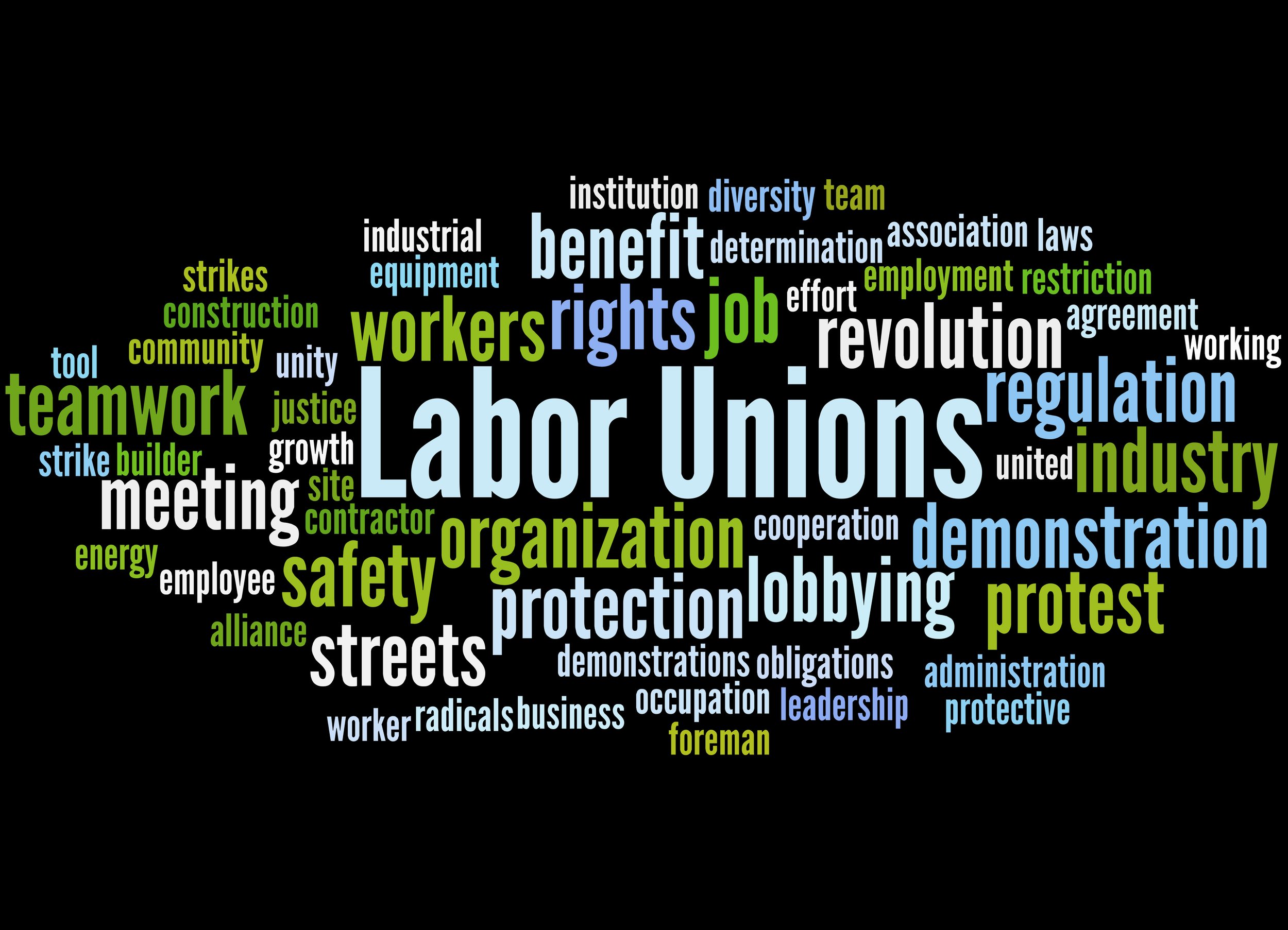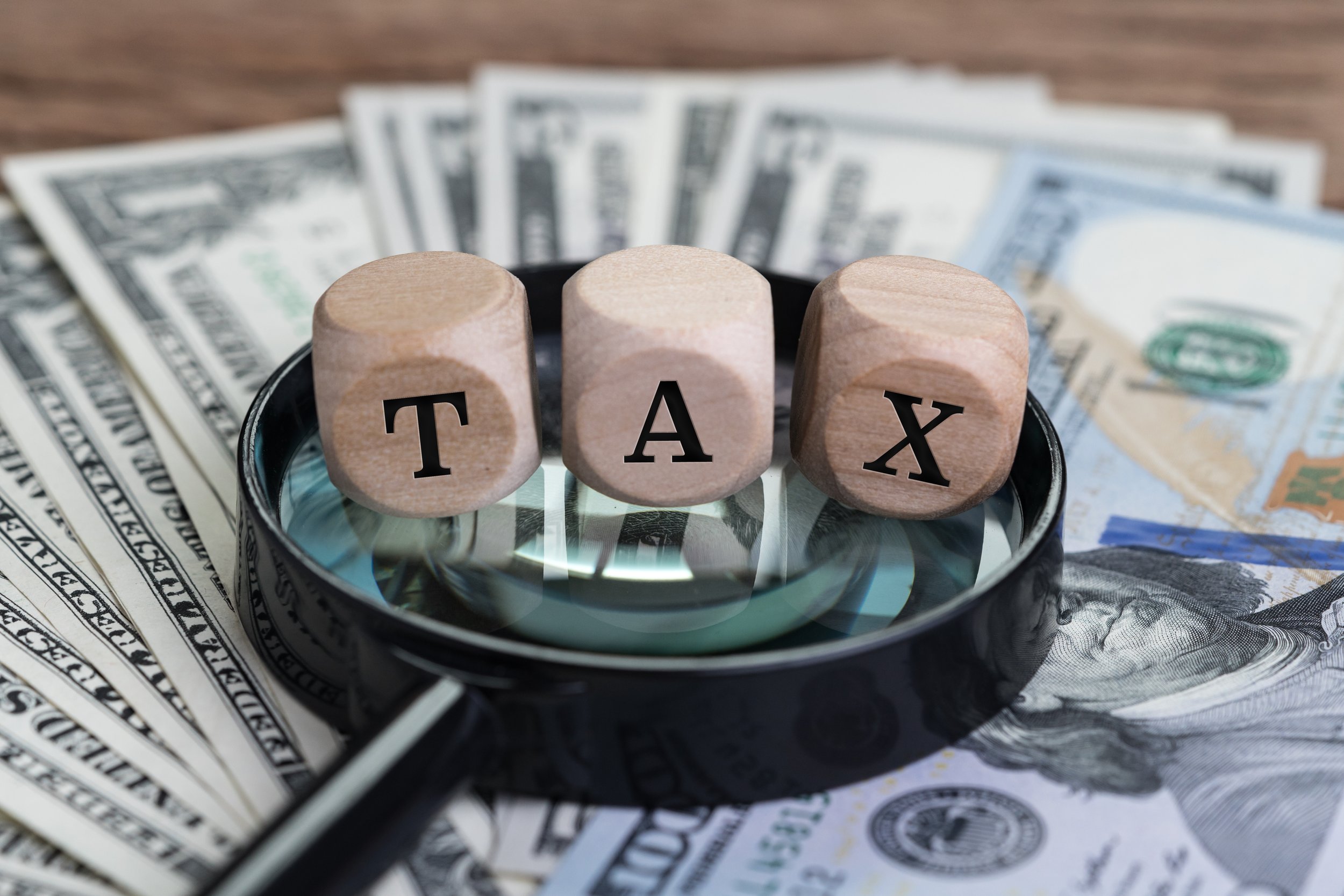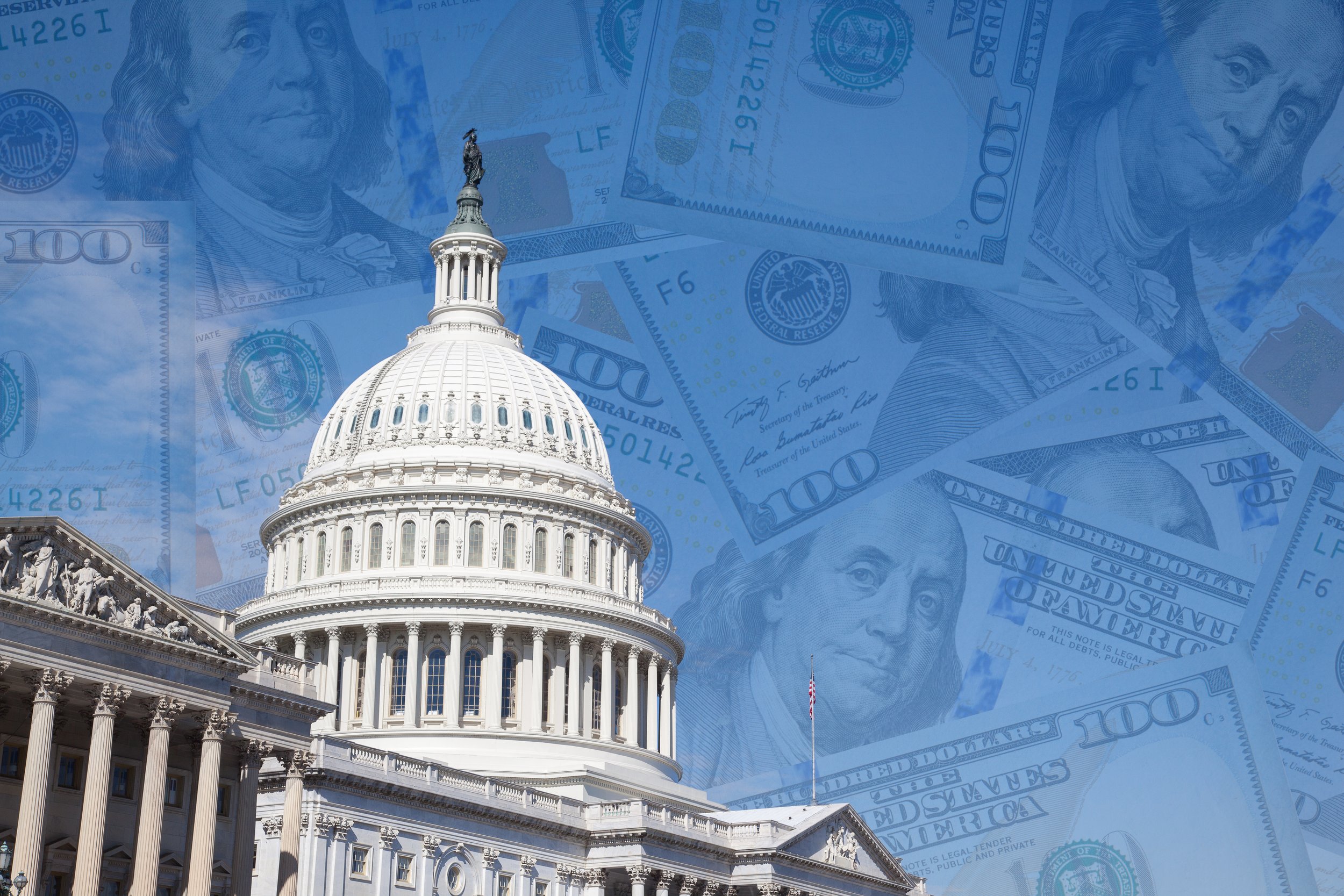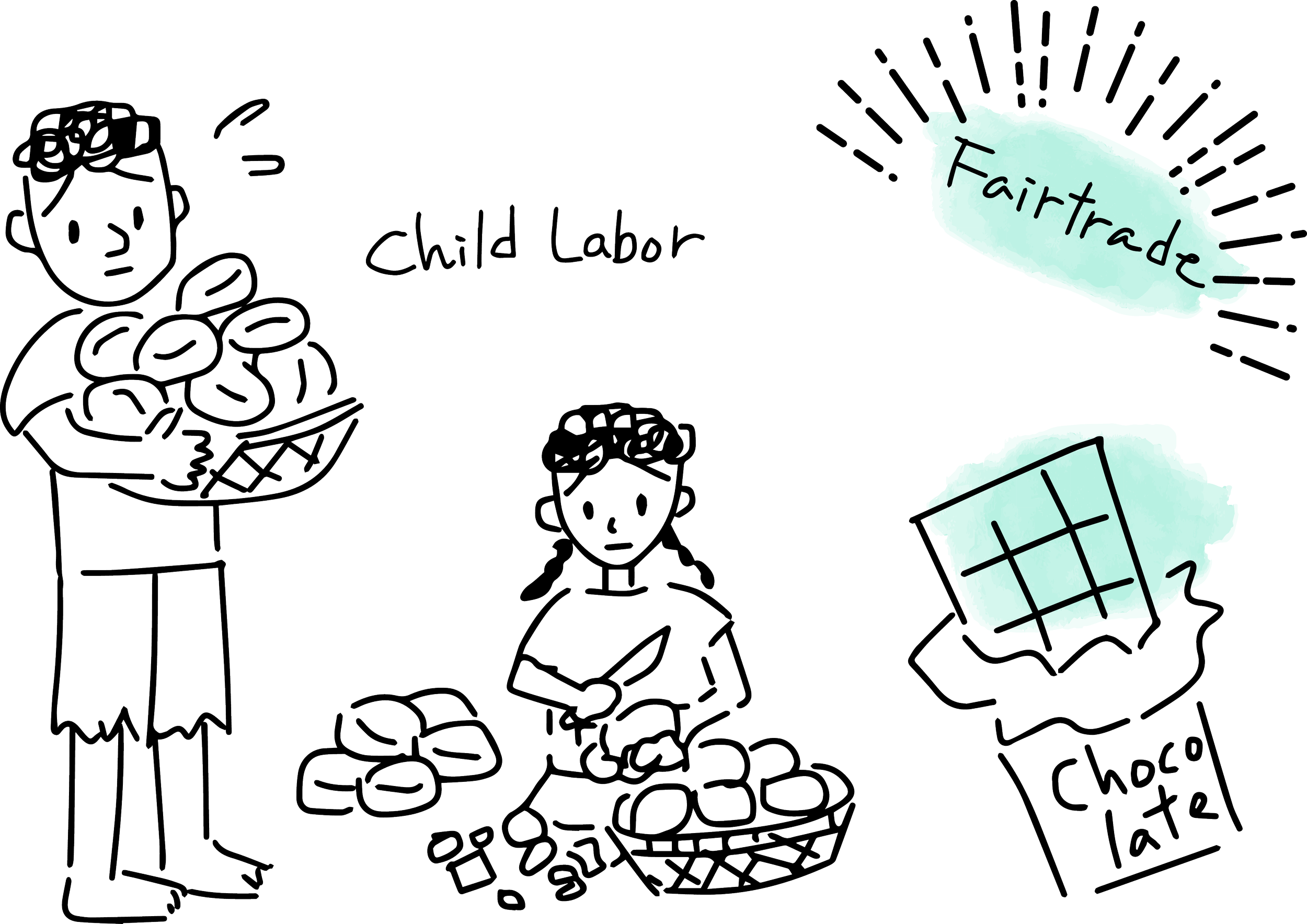Enter an author name, article subject, or keyword. Then, click on any new article in the top list.
Introduction
Shareholder proponents who oppose most of the ideas supported by ESG investors have been around for a long time, but in the last two years they have filed many more proposals and a few new players have emerged.
Institutional investors have been paying attention to environmental, social and governance risk factors long before it was “ESG.” Without fanfare or agenda, these long-term investors took notice of weak governance practices that led to corruption, friction with workforces that led to strikes and factories that spewed toxins into rivers leading to lawsuits from those who lived downstream.
Recent efforts of the Securities and Exchange Commission (SEC) Staff to create a more objective and efficient process for handling shareholder proposals have borne fruit in 2023, resulting in a 30 percent reduction in company-filed challenges to shareholder proposals. Clearer guidelines from the Staff have made it possible for shareholders to draft more defensible proposals.
The adage “you can’t manage what you don’t measure” is a sound argument for measuring and assessing climate risks, which cost the world over $313 billion in 2022 alone. Investors have expressed their resounding support, including more than 600 investors who signed the 2022 Global Investor Statement urging governments to address climate risks through mandatory disclosure.
It is healthy to have a debate about ESG: What it is, and what it isn’t; what it can’t do, what it can do, and what it was never meant to do. The term has probably run its full life cycle, and it is time to address the underlying issues of what is being debated.
Republican politicians are placing ESG on the list of grievances and conspiracies they serve up to their base as they try to turn ESG into the next critical race theory (CRT). One activist who was instrumental in convincing the Republican base that CRT is an ominous threat to their existence is heavily involved in the anti-ESG effort.
There is a cohort of elected officials in the United States presently engaged in an anti-capitalist crusade against free-market principles. No, they are not socialists. They are congressional Republicans, and they are attempting to prevent financial institutions from allocating capital in accordance with investor preferences and risk management principles. This attempted crackdown is purely ideological in nature — it is an exercise in political pressure to force a gross government overreach into U.S. capital markets.
Environmental Issues
Shareholder scrutiny of corporate offsetting strategies is growing as the voluntary carbon market (VCM) grows, with projections it may be worth $50 billion annually by 2030. Carbon offset advocates believe the VCM incentivizes critical investments in mitigation and adaptation, even as global efforts fail to deliver on emission reduction targets. Yet companies can face reputational and litigation risks for participating in the VCM given credibility questions. Companies can reduce the risks associated with purchasing voluntary credits by aligning their strategies with best practices and procuring third-party verified high-quality credits.
Reducing GHG emissions from steel, one of the most widely used industrial materials, is a critical part of the global challenge of maintaining global temperatures to 1.5˚C. According to the U.S. Energy Information Administration, the iron and steel sector accounts for 7 percent of global CO2 emissions due to its significant use of fossil fuels, heavy industrial process emissions, and power use. By 2050, demand for steel is expected to increase by more than one-third, posing the significant challenge of decoupling emissions from the sector’s growth.
Many corporations are attempting to mitigate the plastic pollution crisis by reducing their use of plastics, yet few have committed to tackling the crisis in its entirety by taking accountability for what actually happens to their packaging at its end of life.
To address growing climate-related portfolio risk, investors increasingly expect companies to set greenhouse gas emissions reduction targets aligned with the Paris Agreement’s 1.5o goal and to report their reduction progress. Fundamental to target setting and reporting, however, is accuracy. Reported progress must reflect real-world emissions cuts. Unfortunately, this isn’t always the case.
Following strong votes last year, As You Sow is expanding engagement on plastics and petrochemicals for 2023. The plastic pollution crisis continues unabated, with 139 million tons of single-use plastic waste created in 2021, six million more tons than in 2019, according to a recent report by Minderoo Foundation. Optimism is rising for a global treaty on plastics within the next two years that could include potential curbs on plastic production after initial treaty negotiations in December 2022 in Uruguay.
For a second year in a row, As You Sow filed climate-related proposals with three insurers -- Chubb, Traveler’s, and Berkshire Hathaway -- asking the companies to measure, disclose, and set net-zero targets for their underwriting and investing activities. The proposals last year earned majority votes – 72 percent and 56 percent, respectively at Chubb and Travelers, and a vote at Berkshire garnered 46 percent of independent voters supporting the proposal (25 percent overall vote).
Why does methane matter? It is a powerful greenhouse gas with a global warming potential 80 times that of carbon dioxide over a 20-year period. While carbon dioxide emissions remain in the atmosphere for hundreds to thousands of years, methane breaks down in a decade – impactful while it lasts (and, so far, it’s responsible for around 30 percent of global temperature rise), but it has a shorter life in the atmosphere.
Shareholders in 2023 are tightly focused on resolutions asking companies to establish science-based greenhouse gas reduction targets that cover the full value chain of emissions—and to report on them. The science is clear that companies need to rapidly act to reduce emissions to limit global warming to a 1.5°C increase in warming.
Shareholder concern about deforestation speaks for itself. Four majority votes on Green Century proposals in the last three years – Bunge, 99 percent; Bloomin’ Brands, 76 percent; Procter & Gamble, 67.6 percent; and Home Depot, 64.6 percent – build upon dozens of no-deforestation agreements that shareholders have won and have helped curb climate change and preserve endangered species around the world.
Social Issues
For 2023, proponents have filed at least 30 proposals asking for lobbying disclosure reports that include federal and state lobbying amounts, payments to trade associations and 501(c)(4) social welfare groups used for lobbying, and payments to tax-exempt organizations that write and endorse model legislation.
Safety at work is a bare minimum for workers’ dignity. Yet, far too often, it is at risk. In June 2022, the International Labor Organization (ILO) recognized a safe and healthy work environment as a universal labor right, adding it to the core ILO fundamental principles of rights at work.
The New York City Retirement Systems (NYCRS) submitted shareholder proposals at seven companies to safeguard workers’ freedom of association and collective bargaining rights, which are defined as fundamental human rights under internationally recognized human rights standards.
This year, Oxfam America and co-filers have filed a series of new tax transparency proposals at extractive industry giants ExxonMobil, Chevron and ConocoPhillips, requesting that the companies disclose country-by-country financial information in line with Global Reporting Initiative (GRI) standards. This disclosure would reveal key insights for investors seeking to evaluate a company’s risk profile, including information surrounding revenues, profits, losses and tax payments.
The Russian war of aggression against Ukraine has already resulted in more than 69,000 Russian war crimes and crimes of aggression registered by the Office of Prosecutor General of Ukraine. In addition, 18,900 Ukrainians have been killed or injured, and millions more have been forced to flee their homes. With this humanitarian crisis, investor concerns have grown about the human rights risks faced by companies with operations and/or value chain activities in conflict-affected and high-risk areas
Companies today face a high-risk landscape for their political spending and its impact. The crisis that confronts U.S. democracy and the gridlock blocking action on a broad range of issues from climate change to voting, women’s reproductive rights, guns and even democracy itself has put front and center the role of company political spending in contributing to the breakdown.
Impact Shares considers paid sick leave (PSL) to represent an important human capital investment critical to investors, as well as a racial and gender equity concern. Filing a shareholder proposal at Norfolk Southern railways requesting that the company adopt a PSL policy as a standard benefit was the first step in leveraging our position as an ETF issuer representing leading social and environmental advocacy organizations.
Animal testing behemoth Charles River Laboratories is one of the largest importers of monkeys into the U.S., each year bringing in thousands of monkeys – mostly long-tailed macaques – from Southeast Asia and Mauritius. The International Union for Conservation of Nature has classified long-tailed macaques as “endangered,” identifying the U.S. experimentation industry as a major driver pushing these monkeys toward extinction.
A report released by As You Sow and Whistle Stop Capital in November 2022 assessed the data from 277 EEO-1 reports, looking at the link between workforce diversity and corporate financial performance. In line with our hypothesis and others’ previous research, the analysis found that financial metrics, like return on equity and net profit, were associated with higher levels of diversity in management.
Often, companies have no “business-case rationale” to listen to the communities negatively affected by their operations and no incentives to act. As shareholders, we have legal standing to engage the executives and boards of these public companies.
The internet was not developed with children in mind. There is no better example of this than Meta, which intended its platforms as a place where people could connect with friends and family. Instead, they have become a dangerous playground for children.
In 2023, the chocolate industry is still not free from child labor. Millions of children are being robbed of their childhood and right to education while working on farms to meet corporate demand for cheaply sourced cocoa. Since this is an industry-wide issue, corporations tend to place the onus on the industry at large rather than assume liability individually.
The third anniversary of the murder of George Floyd at the hands of the Minneapolis police officers is fast approaching. We are reminded of the work we began nearly three years ago by filing Racial Equity Audit (REA) shareholder proposals and how much work remains. The police killings of Black people across the U.S. continue to galvanize the movement for racial justice, and corporations continue to be held accountable socially and legally for their role in furthering the economic and political repression of nonwhite communities.
Investors working with Rhia Ventures filed a record 30 proposals this proxy season to advance comprehensive and reproductive health care, double the number from the 2022 proxy season. The subject matter of the proposals expanded from last year’s focus on risk mitigation and political spending misalignment to include a number of new areas of concern that have intensified since the U.S. Supreme Court overturned the constitutional right to abortion in June 2022.
While climate change always seems to bring troubling news, few reports in the past year are more compelling than those from scientists saying our ability to reach the Paris Agreement’s goal of 1.5˚C above pre-industrial levels is pretty much out of reach.
Sustainable Governance
One hundred million Americans have invested more than $10 trillion in retirement savings that likely are not aligned with their values. Many corporations strive to reduce material risk for all stakeholders by becoming more environmentally and socially responsible. But if they do not consider climate-related financial risks, most invest employees’ hard-earned savings in oil, coal-fired utilities and agribusinesses involved in deforestation, which means employees’ savings fuel climate change.
Boards are becoming more diverse and detailed disclosure provides a critical window into progress. Boards that are both diverse and inclusive offer multiple ways to look at strategy and risk and a lower likelihood of groupthink. Their selection process extends beyond the board’s immediate network and diverse boards connect companies to communities that represent large swaths of its customers, employees and/or business locations. For investors and also for researchers, the more specific the company’s disclosures, the easier it is to assess board composition compared to the demographics of key stakeholders and society at large.
In the last few years, companies have begun to use non-financial metrics more often in CEO pay packages. In 2021, 52 percent of S&P 500 companies reported including ESG metrics in compensation while 69 percent said they will be included in 2022 compensation packages.than one-third, posing the significant challenge of decoupling emissions from the sector’s growth.


































